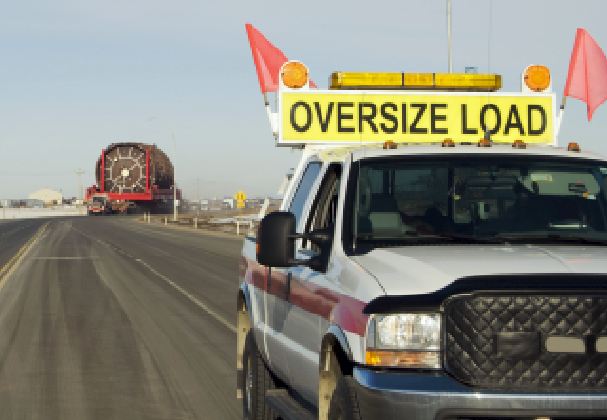How to Get Oversize Load Permit

For a moving company, obtaining a license or permit is necessary in order to ensure smooth running of the business. For a general classification, a load will be considered overweight or oversized if it exceeds the legal dimensions of all road related infrastructure. Some of the examples include prebuilt homes, cranes, containers, and construction elements such as generators and huge industrial equipment.
The permit requirements will vary from region to region, where the concerned party will have to pay extra fee to ensure that vehicles are legally allowed to transport oversized items from one destination to another. The permit will further specify a route, along with the date and time of travel.
Instructions
-
1
Obtain the necessary information by contacting the state’s transport authority. This will help you classify the item as oversized. Remember that any item which exceeds the per-axle limit, but not the weight perimeter, will not be considered in this category. Moreover, those loads which can be broken down or rearranged later on also cannot be classified as oversized. These are important considerations as your permit can easily be rejected on these bases.
-
2
Depending on the state requirements, the maximum weight cannot exceed 80,000 lbs. Also there are specifications on the amount of weight each axle can be burdened with. This is to ensure that all safety regulations are met, in accordance with federal bridge requirements.
-
3
Height and Width are important factors when applying for a permit. As for height, the limit stands at 13 feet and six inches. As for width, it must not exceed 8 feet and five inches. However, these measurements are in place as most states will have tunnels, and highways, which if overused, can lead to potential damage. In such cases, a special permit will be required and must be approved by each state. Inter-state transport will require you to get permits from all concerned states' transportation authorities.
-
4
You are further required to insure all your vehicles and workers before getting a permit. A bond agent may be hired for bonding purposes, which is a guarantee against losses. You may be asked to complete certain driving courses where all your drivers must have commercial licenses to operate large trucks.





